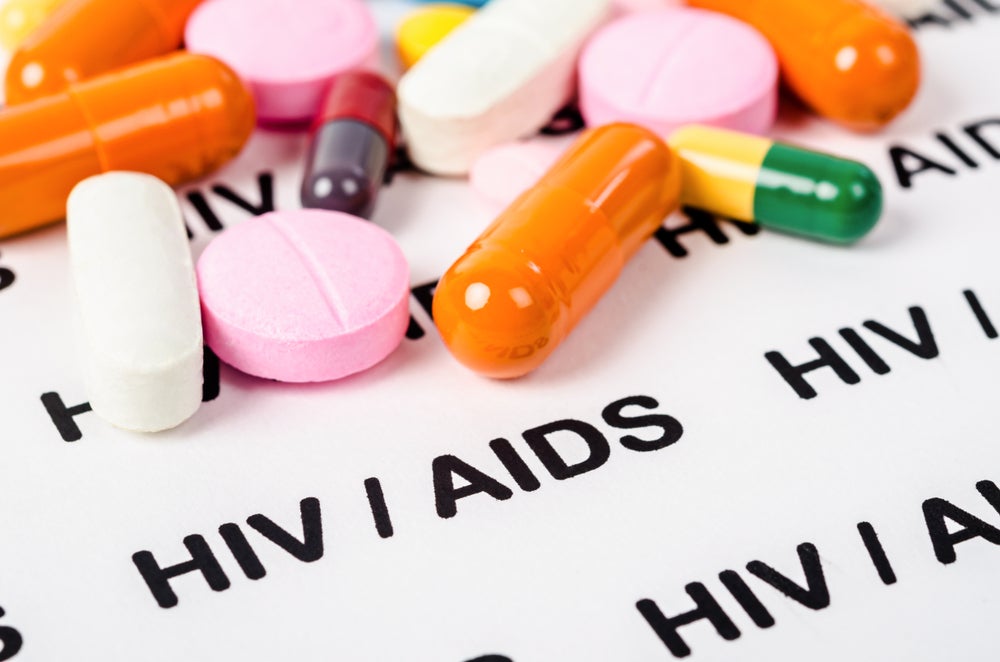Following a year of increasing inflation rates, an Ernst and Young report has indicated that the pharma industry could improve its supply chains and mitigate unnecessary costs through increased visibility.
The industry assessment arrived amidst a year of global supply chain-related drug shortages.
In the past year, several pharmaceutical companies have chosen to reduce their operational costs by divesting assets and cutting their workforces amidst a difficult financial climate. EY’s latest report, released on 4 October 2023, said that high inflation rates have caused interest rates, material prices, and labour costs to soar, increasing the burden of working capital and investments to become more expensive and majorly limiting the growth of several pharmaceutical companies. Several companies like Kinnate Biopharma, NexImmune and Sage Therapeutics have dramatically cut their workforces under new business strategies.
The report suggested that maintaining supply chain resilience in this current climate lies in “increasing operational efficiency and reliability, agility, and speed to market and achieving greater control over risk exposure”. Some of the benefits of increasing supply chain visibility include “[safeguarding] cross-border commerce and available capacity from sanctions and trade risk due to improved trade and compliance intelligence” and reduced operating expenses.
The report used the aerospace industry as a positive example of greater supply chain visibility, and in particular highlighted the use of digital tools to provide managers with alerts on upcoming supply chain hotspots as good practice in certain companies. The assessment also advised companies to run deep analyses of their operations to find ways to minimize risk from dual sourcing or changing raw materials amongst other things.
Biotechs are also becoming more aware of the issues associated with reduced supply chain visibility. Artificial intelligence systems can give immediate notifications on any issues within the supply chain. Furthermore, the report mentions enlisting third-party stakeholders with a deep industry-specific knowledge base to help with the task.
Currently, the US Food and Drug Administration cites shortages for therapies ranging from injectable opioids, to standard cancer therapies like cisplatin. Alongside national shortages, mounting supply chain issues have also led several pharmaceutical companies to restructure their operations.















